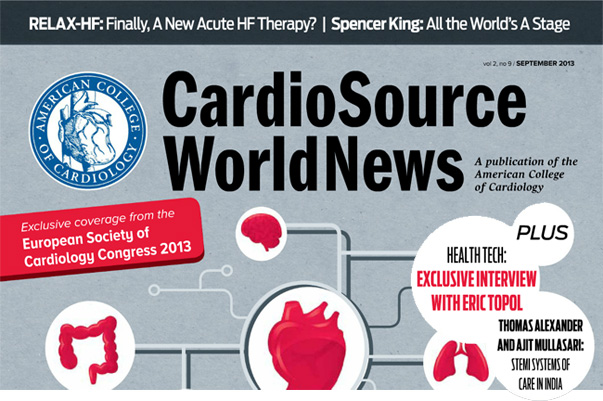|
Systems of care have drastically altered the way patients with ST-elevation myocardial infarction (STEMI) are treated in the United States and Europe. In this context, "system" refers to an integrated group of separate entities within a region that rapidly provide coordinated services across the continuum of care—from patient entry to discharge, and encompassing emergency medical services, community and tertiary hospitals, and payers. Many of these programs have demonstrated great success in both use and timeliness of reperfusion therapy, prompting recent clinical practice guidelines to broadly recommend this approach for STEMI patients.
|
 |
Unfortunately, such triumphs have not been the same for STEMI patients in low- and middle-income countries, like India, where acute coronary syndromes (ACS) now contribute to a rising toll of death and disability. Reasons behind this growing epidemic in India include longer life expectancies, rises in chronic diseases like diabetes mellitus and obesity, and increasing tobacco use and air pollution.
Tragically, the incidence of STEMI-associated deaths is rising in India just as novel therapies and STEMI systems of care may be curbing its impact in Western countries.
|





